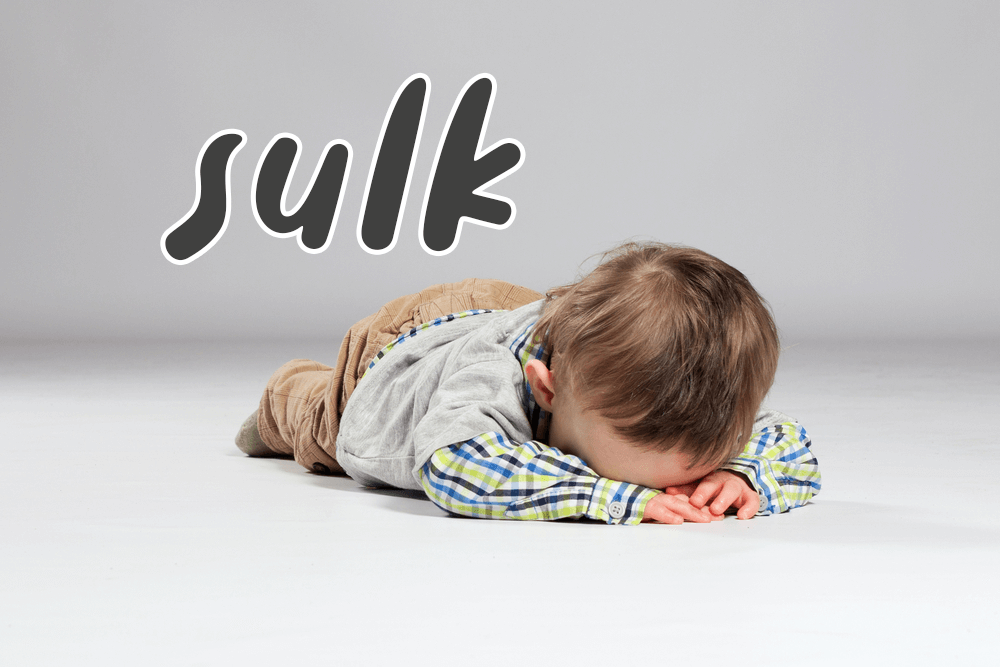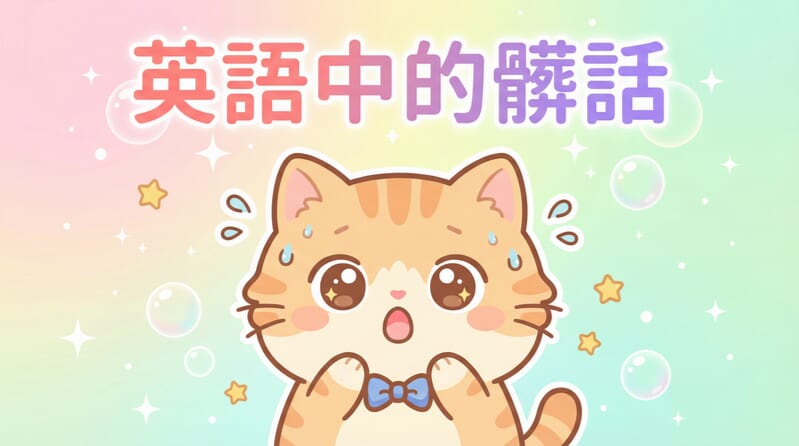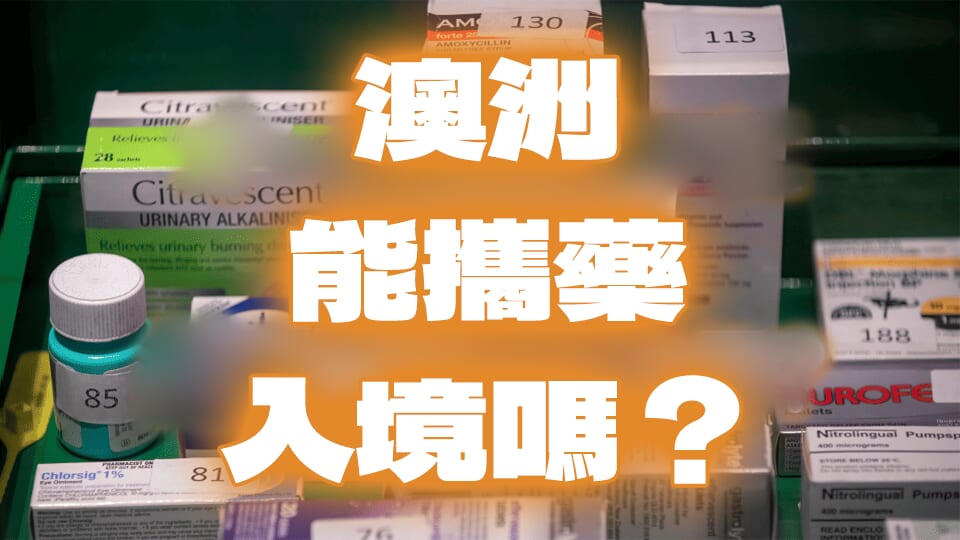這次我們要介紹「鬧彆扭」的英文說法,還有相關的表達。
每種語言都有不同表達情感的方式。例如幸福、快樂、惱怒、急躁、悲傷和孤獨等等,是世界各地通用的表達,也有一些在特定國家常用的表達方式。
「鬧彆扭」在中文裡是表示事情沒有按照意願發展,使人變得脾氣暴躁或沮喪。
那我們要如何用英語表示「鬧彆扭」的狀態呢?讓我們附上例句,看看母語者的用法跟其他相關表達吧!
「鬧彆扭」的英語表達
如果在字典裡搜尋「鬧彆扭」的含義,我們會看到以下解說:「不願服從別人,愛抱怨」,「故意表現得很冷漠」,「當事情沒有按意願發展時,故意與他人作對」等等。
英語系國家也會表達這些感受。
這次我們要介紹兩個主要表達「sulk」和「pout」。
讓我們透過例句了解每個表達的基本含義跟用法。另外也會解說兩者之間的細微差別,以便您可以在適當的情況使用!
sulk
sulk有諸如「心情不好」、「不高興」和「鬧彆扭」之類的含義。
我們可以想像一下,小孩因為買不到想要的東西而鬧情緒,或是輸了比賽而賭氣的樣子。
順帶一提,「be in a heavy sulk」是表示「心情非常不好」。
另外,「go into sulk」也可以表示「心情不好」的意思。
Hey, you don’t need to be in such a heavy sulk just because you lost the game.
嘿,你沒必要因為輸了比賽就這樣鬧彆扭。
My sister has been sulking in her room for a couple of hours.
我姐姐在房間裡生悶氣已經幾個小時了。
Look at him. He is sulking in the corner of the room!
看看他。他在房間角落生悶氣!
pout
「pout」有多種含義:「噘嘴」、「鼓著臉」、「板著臉」和「鬧彆扭」。
相較於前面介紹的「sulk」是「鬧彆扭」「心情不好」等情緒,「pout」指的是因為生氣而撅嘴、鼓著臉的行為。
在對話中,常常用「get pouty」表達「鼓著臉」或「悶悶不樂」。
My cousin’s daughter just pouted because I refused to buy her a new toy.
我表哥的女兒因為我拒絕買新玩具給她而撅嘴。
When I told my boyfriend that I had a chat with my ex, my boyfriend got a little pouty.
當我告訴男友我和前任小聊了一下,他有點撅嘴。
鬧彆扭的相關表達 氣餒
前面我們提到「sulk」和「pout」都有「鬧彆扭」的意思。
接下來,我們要介紹其他相關的表達。
那就是表示「氣餒」的「get discouraged」和「cringe」,它們的含義跟「鬧彆扭」非常相似。
get discouraged
「get discouraged」通常是表示「失去動力」或「失望」。
「discourage」則有「阻礙」或「沮喪」的意思。
通常以「get discouraged from_____ing.」的形式表達「在___失去動力」。
在「__」部分帶入我們一開始想做的事情即可。
I got discouraged from studying in the library because It just started raining so hard.
我失去在圖書館讀書的動力了,因為開始下大雨了。
Please don’t get discouraged. You need to work hard on your dream!
請別灰心。你必須為你的夢想而努力!
cringe
字典對於cringe的解說是「(因恐懼)畏縮」、「變得順從」、「冷場」和「對~厭煩」。
指的是討厭的事、或跟設想有出入的事, 因為沒有按照預期發展而產生厭煩的態度。
在實際對話中,「cringe at __」是表示「我厭倦了 __。」,母語者則使用「cringe from ___」表示「對___感到畏縮」。
I cringe at the idea of paying too much tax.
我厭倦了大量繳稅的想法。
It was really cringey that we lost all the matches but we need to move on.
輸了每場比賽的確讓人畏縮,但我們必須繼續前進。
be in a bad mood
在英語中,「be in a bad mood」被表達為「心情不好」的意思。
按照字面,「處在壞心情之中」被譯為「心情不好」。通常是表示無緣無故悶悶不樂、心情不好的狀態。
I think he is in a bad mood today.
我覺得他今天心情不好。
Our teacher is in a bad mood today so we better not tell her about the accident yet.
老師今天心情不好,所以我們最好不要告訴她這起事故。
總結
「sulk」和「pout」都是「鬧彆扭」的意思,但「sulk」指的是「心情不好」「賭氣」等情緒 ; 「pout」則是指「因為生悶氣而撅嘴」「心情不好鼓著臉」的動作。請根據情況和場合斟酌使用。
另外也別忘了跟「鬧彆扭」相關的三個表達「get discouraged」「cringe」「be in a bad mood」。請確實把它們記下來,這樣我們的詞彙表又能新增表達了!



















